Kinhtedothi - Discussing the Draft Resolution of the National Assembly regulating the handling of a number of issues related to the reorganization of the State apparatus, National Assembly deputies proposed that when dissolving district-level police, there should be a specific mechanism for litigation activities.
On February 14, continuing the 9th Extraordinary Session, the National Assembly discussed in the hall the draft Resolution of the National Assembly regulating the handling of a number of issues related to the reorganization of the state apparatus. Through discussion, the delegates basically agreed with the draft Resolution. However, the National Assembly delegates suggested that the regulation should take effect immediately after the National Assembly passes this Resolution.
Concerns about regulations on enforcement
Regarding the effective date of Article 15, National Assembly delegate Nguyen Thi Suu (National Assembly delegation of Thua Thien Hue province) agreed that the Resolution will take effect from March 1, 2025. However, the delegate said that for the police force, there is currently no district-level police force. Meanwhile, according to the provisions of criminal law, the police force is the first direct agency to carry out procedural activities.
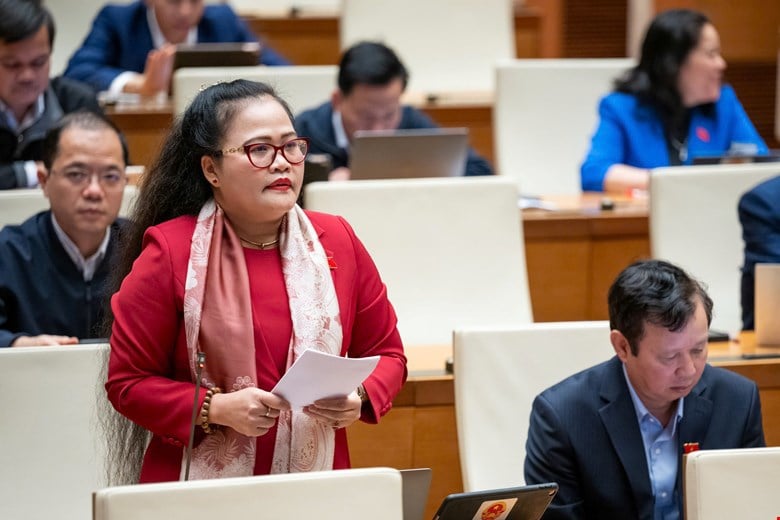
If the Resolution takes effect from March 1, there will be very little time left for agencies, institutes, and courts to carry out the next work and it will be difficult to make appropriate adjustments to the dissolution of district-level police.
Therefore, delegate Nguyen Thi Suu suggested that in comparison with the effectiveness of the Resolution, there should be a specific mechanism to serve litigation activities.
Meanwhile, National Assembly delegate Tran Nhat Minh (National Assembly Delegation of Nghe An province) proposed that it is necessary to stipulate that this Resolution takes effect immediately upon its approval by the National Assembly to create a legal basis as soon as possible for agencies from the central to local levels to carry out the arrangement and transfer of functions, tasks, and powers, ready to come into operation immediately upon the decision of the competent authority on the arrangement of the state apparatus.
“If the effective date of this Resolution is March 1, 2025, it will be late and will not meet the purpose of developing the Resolution as stated in the Government's Submission. Moreover, the early effective date of this Resolution is also consistent with the direction of the Steering Committee on summarizing the implementation of Resolution No. 18 of the Government on supplementing and perfecting the plan for reorganizing specialized agencies under the People's Committees at the provincial and district levels in Official Dispatch No. 05 dated January 12, 2025. Accordingly, in the implementation section, the Steering Committee also requires ensuring that immediately after the closing of the National Assembly session, the Provincial Party Committee and the Provincial People's Committee announce decisions on the organization of specialized agencies under the People's Committees at the provincial and district levels to operate immediately, without legal gaps, continuously, effectively and efficiently.
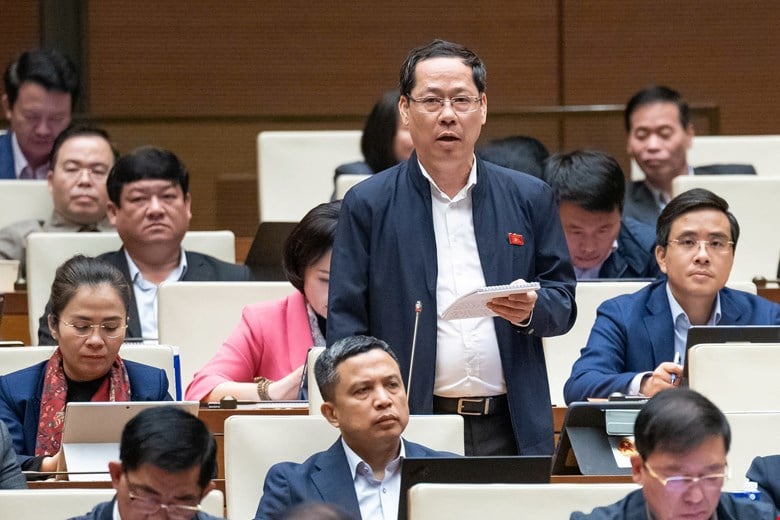
Sharing the same view, National Assembly delegate Pham Van Hoa (National Assembly delegation of Dong Thap province) said that waiting until March 1, 2025 for the Resolution to take effect would be too late. Therefore, according to the delegate, the Resolution will take effect immediately after the vote is completed.
Need to calculate and handle assets after administrative unit arrangement
Concerned about the implementation of functions, tasks and powers of competent agencies and persons after the organization and arrangement of the state apparatus as stipulated in Article 4 of the draft Resolution, National Assembly delegate Tran Van Khai (National Assembly delegation of Ha Nam province) said that Article 4 currently does not clearly stipulate the process of handing over the work being processed, such as Clause 4, Article 4 still stipulates in general terms, without detailed instructions on the handover process; there is no mechanism to control whether the files and procedures being processed are delayed or lost; easily leading to the situation of shifting responsibility between the old agency and the new agency. Clause 2, Article 4 also does not have a mechanism to handle unfinished legal documents. Clause 5, Article 4 does not have a mechanism to handle responsibility for interrupted work...
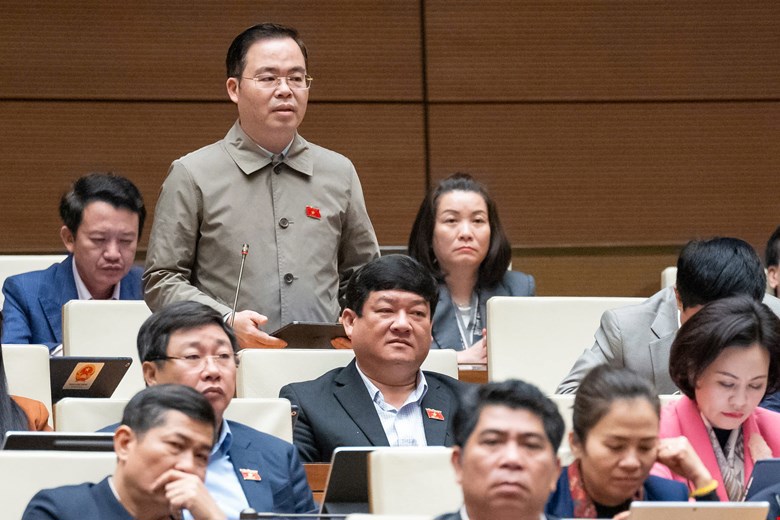
From there, delegate Tran Van Khai proposed that agencies make a list of work files being processed before handing over. At the same time, it is necessary to build a list of documents that need to be revised before implementing the organizational arrangement. Each ministry and sector must review the list of documents that are in the process of being drafted or have been issued but are affected by the organizational arrangement; the Ministry of Justice is in charge of adjusting these documents.
In addition, delegate Tran Van Khai said that it is necessary to bind individual responsibilities in the process of transferring work. Before merging, the agency's leaders must approve the list of work being processed and assign a person in charge; if there are errors in the transfer, the responsible individual must be disciplined according to regulations.
Sharing the same view, National Assembly delegate Thach Phuoc Binh (National Assembly delegation of Tra Vinh province) said that Article 4 does not clarify how the newly-received agency can amend and supplement new tasks within the scope of the law. This may cause overlap or inconsistency among the agencies after the arrangement. At the same time, there is no regulation on the cooperation mechanism between the dissolved/merged agency and the receiving agency to handle outstanding issues...
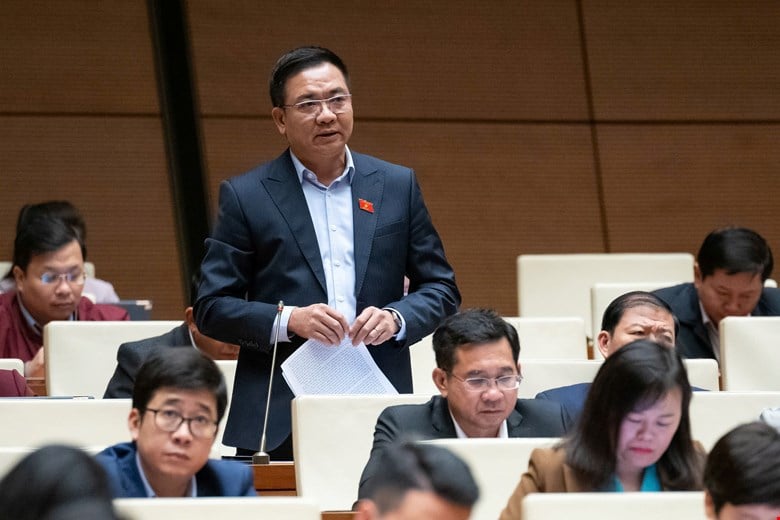
Giving his opinion on the handling of assets after the reorganization, National Assembly delegate Nguyen Minh Duc (Ho Chi Minh City National Assembly Delegation) said that the process of reorganizing administrative units at district and commune levels has shown many difficulties in the locality. Notably, the number of agencies and units subject to reorganization is very large, the amount of assets is very large. With assets formed in the future in projects and plans whose investors are agencies under reorganization, the responsibility of the investor agency when transferred to the new agencies also needs to be calculated, so that these assets are handled appropriately.
Explaining the opinion related to the handling of assets after the arrangement, Minister of Justice Nguyen Hai Ninh said that regarding the handling of assets and policies for officials and civil servants, there have been previously issued decrees. Any arising problems should be reported to the competent authority for handling.
Source: https://kinhtedothi.vn/dbqh-giai-the-cong-an-cap-huyen-can-co-che-dac-thu-cho-hoat-dong-to-tung.html










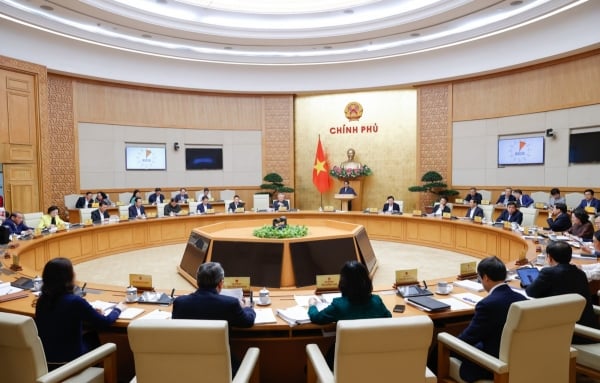



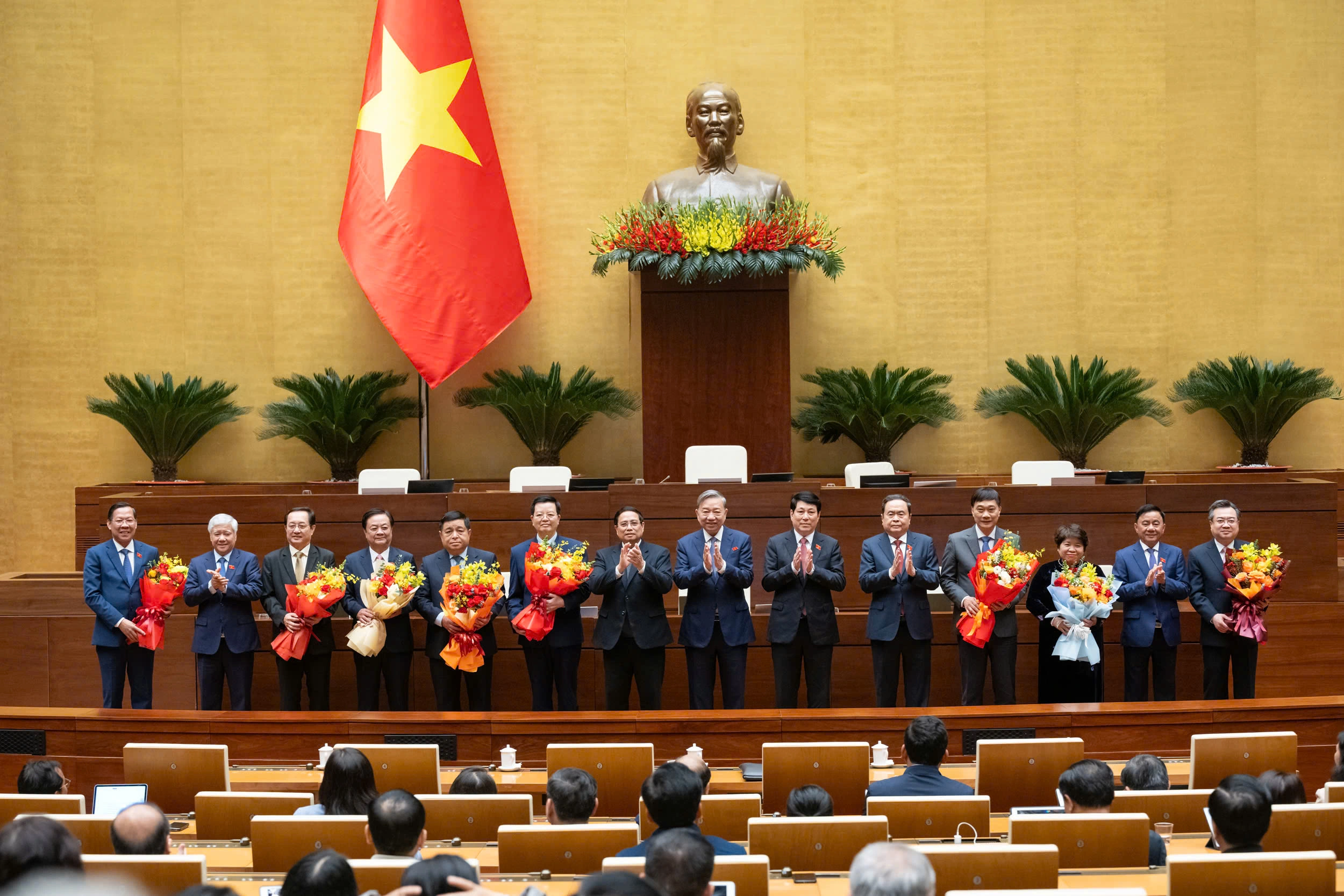

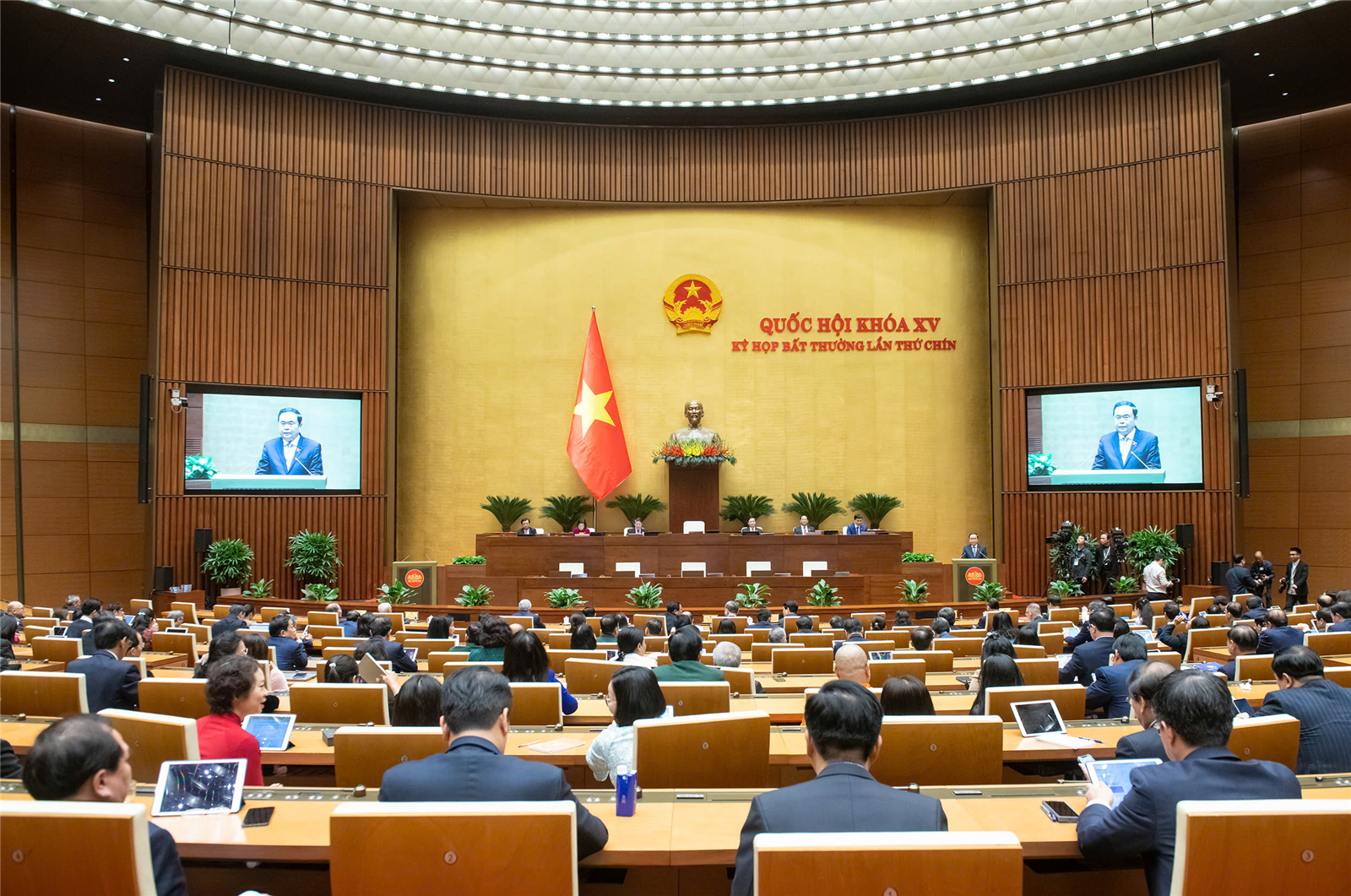

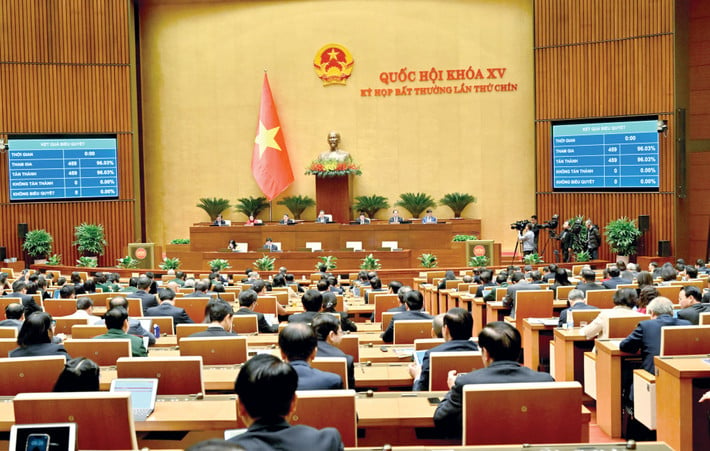









































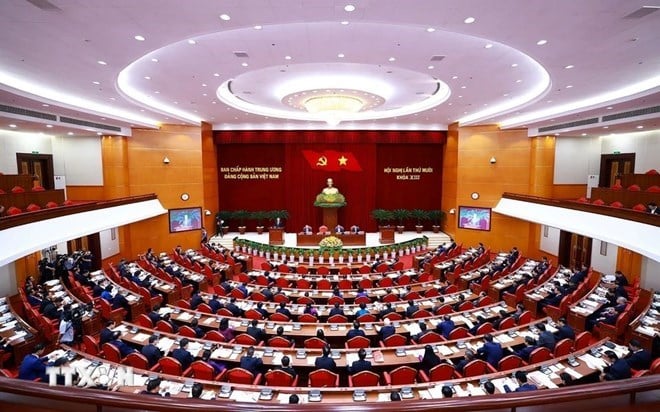



























Comment (0)